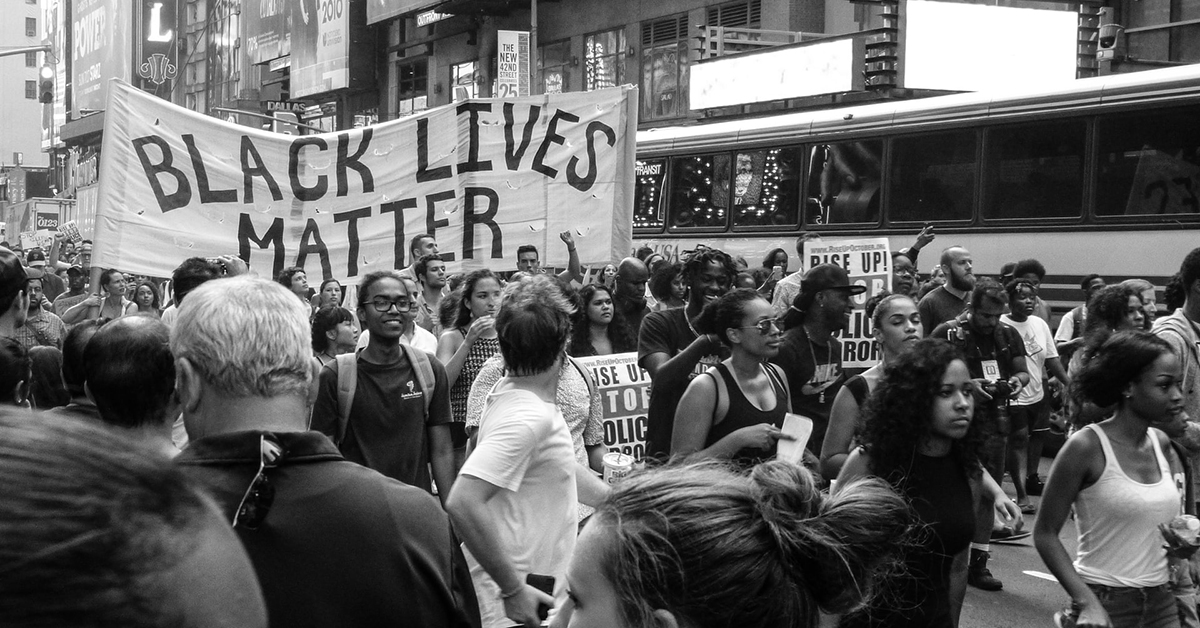
Richmond, like cities across the country, has seen protests erupt daily during the past week. Although the murder of George Floyd was the catalyst, the intensity of the protests points to a larger narrative—one of systemic racism that has marred our country’s attempts to create a just society in which all citizens, regardless of race, have access to affordable housing, quality education, health care, decent jobs, and an equitable criminal justice system.
As dean of the Jepson School of Leadership Studies, I have spent the past week reflecting on how our School can and does contribute to such a just society. Education drives societal change. With its commitment to educating future generations of leaders, the Jepson School plays a key role in creating a more equitable society.
It does so in two broad ways. First, as part of the University of Richmond, the School embraces the University’s values of inclusivity and equity, as well as diversity and educational opportunity. That’s not just talk. Richmond is among only 1 percent of universities nationwide that offers both need-blind admission and a guarantee to meet 100 percent of demonstrated need for traditional undergraduates. These financial aid policies make it possible for students of diverse socio-economic backgrounds to receive a top-tier college education.
But ensuring access to a quality education is not enough. As a School and a University, we also must dedicate ourselves to making our campus a safe, welcoming place for people of all backgrounds. As was underscored in a racist incident on our campus in January, we still have work to do. Students, faculty, and staff continue to collaborate on making our University the place we aspire to be.
The second way the School leverages education as a tool for social change is through our curriculum, which is laser focused on teaching future leaders the history of societal inequities and how to address them. In our Justice and Civil Society course, a prerequisite for our leadership studies majors, students grapple with societal inequities both in the classroom and through volunteer work in Richmond-area nonprofits and public schools. In Critical Thinking and Methods of Inquiry, they learn to analyze and discuss complex issues, including societal systems. Students in our capstone class, Leadership Ethics, critique ethical problems from a broadened moral perspective. And in Theories and Models of Leadership, they learn about different leadership styles and strategies they can employ to effect positive social change.
Our faculty members are leading voices in calls for social change not only in the classroom, but also in the broader community. Dr. Julian Hayter, an expert on civil rights history, is but one example. In the past 48 hours, stories quoting Julian about the current civil unrest in Richmond have appeared in the Richmond Times-Dispatch, CBS 6 News, and USA Today. By sharing his knowledge, he educates us on historical injustices and how best to move forward.
Education is key to dismantling centuries of social injustice and systemic racism. The Jepson School is educating tomorrow’s leaders to lead the charge.
Photo: A Black Lives Matter protest in New York City in 2016, photographed by Nicole Baster.
